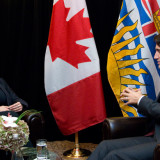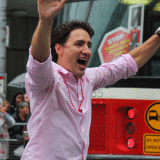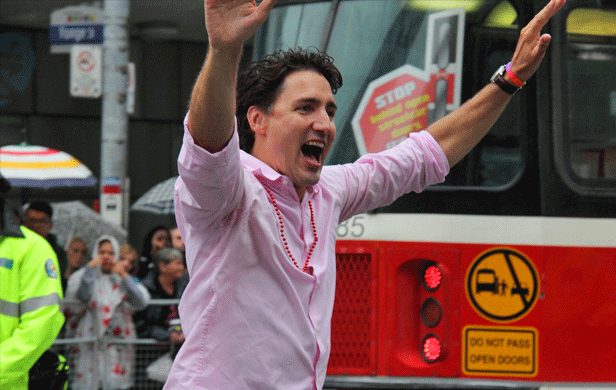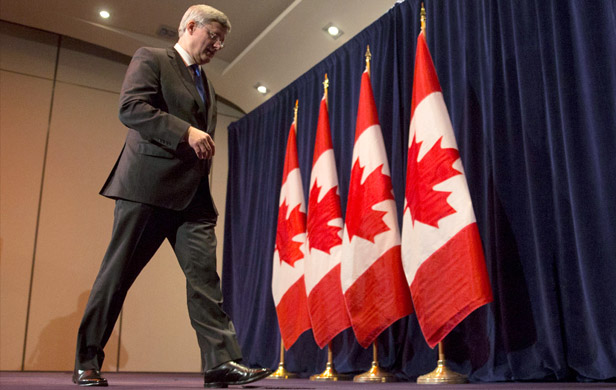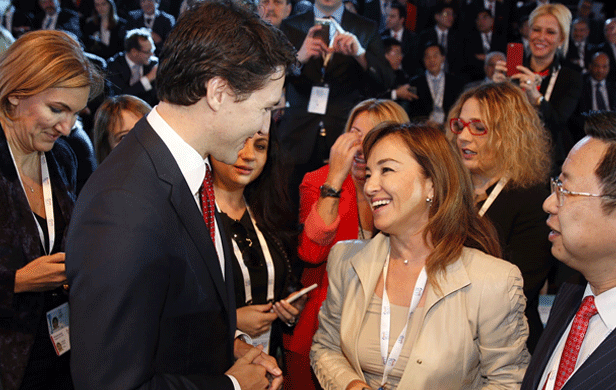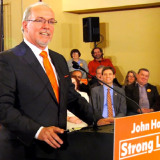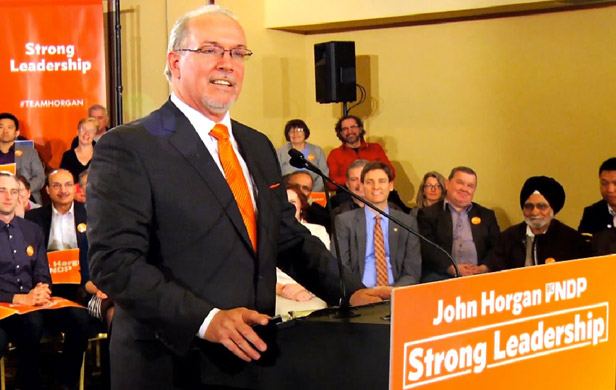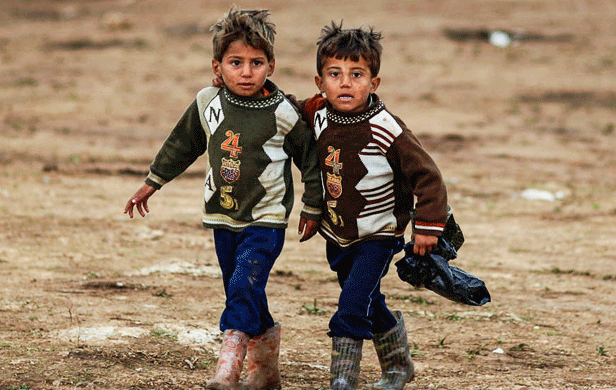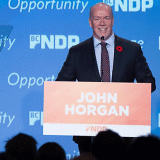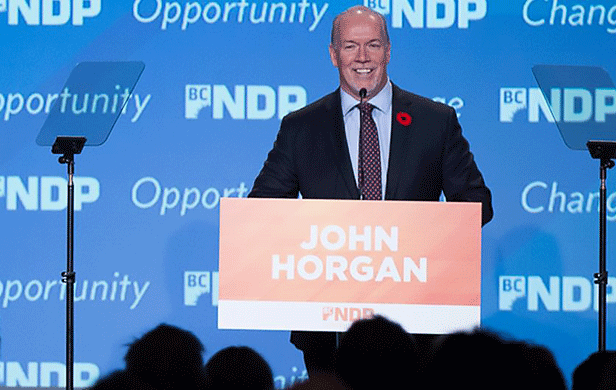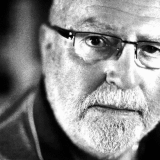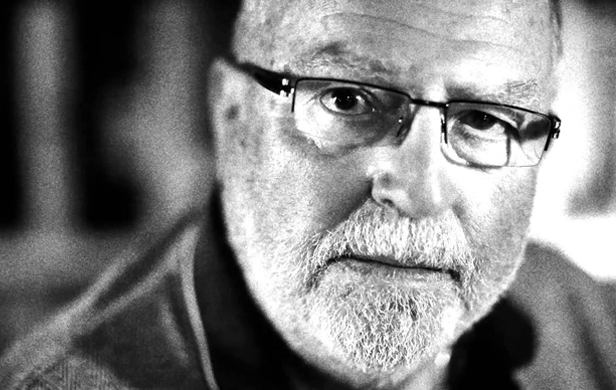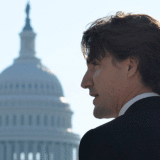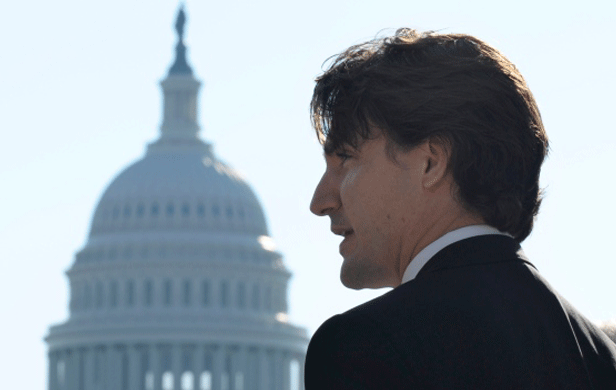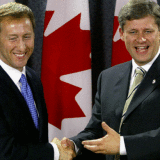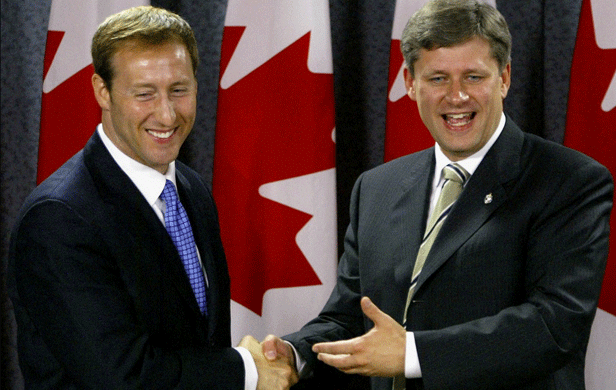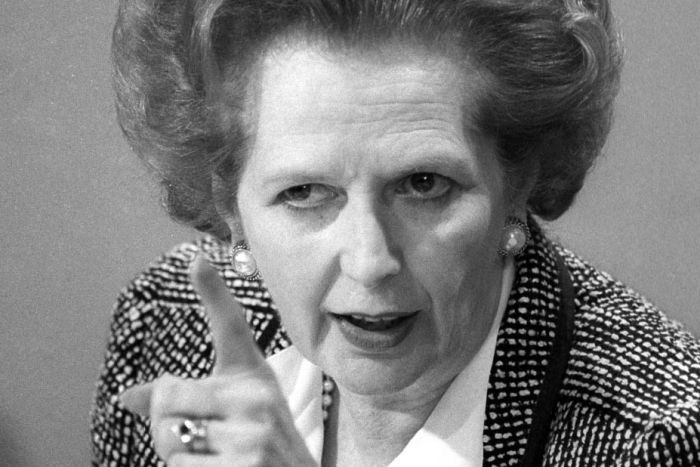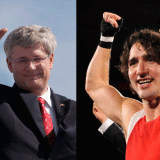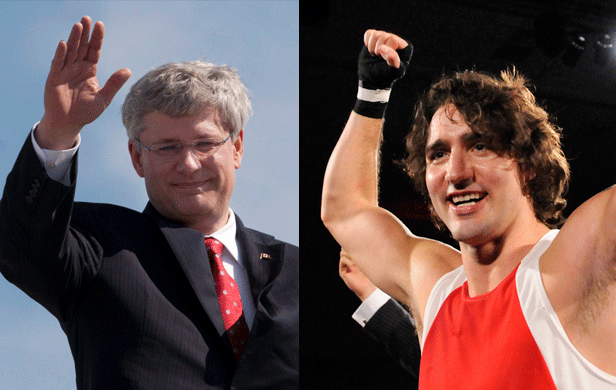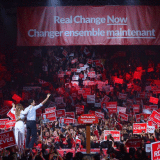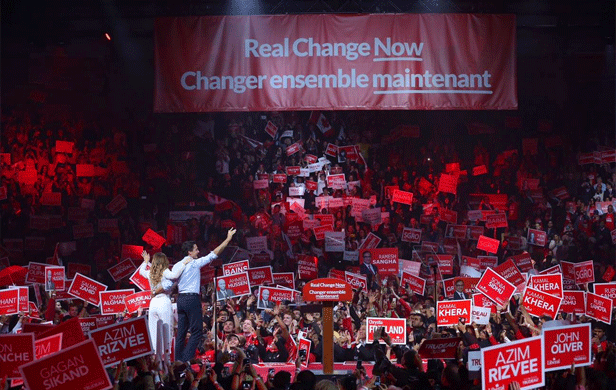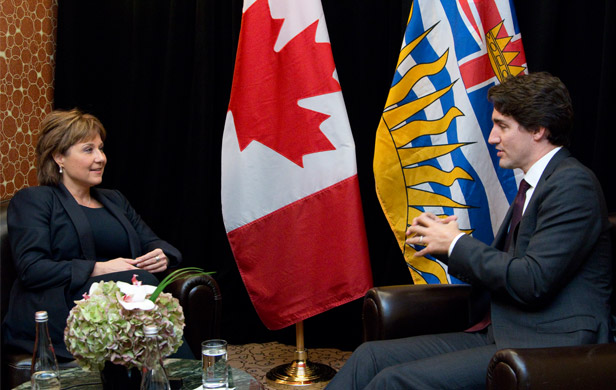
Premier Christy Clark is quite right to reject prime minister Trudeau’s silly games with the Senate. It’s just a pity that she must always add irrelevant political mumbo-jumbo to water down and detract from the impact of BC’s decision.
Our position has nothing to do with improving the economy or creating jobs but somehow it’s her political nature to throw in this sort of stuff. It’s harmful because it distracts attention from what is a very serious issue and forecloses the possibility of a rational discussion.
That the present Senate is a bad joke, especially to British Columbia – which has but two more seats than Prince Edward Island and four fewer than New Brunswick – goes without saying. The temptation to simply say to Hell with it is very strong indeed.
Senate has a use – just not in its current form
The easy way to deal with the Senate, obviously, is to simply abolish it. The NDP have taken that position for as long as I can remember but they never seem to reason out what the consequences would be – a country legally dominated politically by Ontario and Quebec. In my view, it’s critical to go back to basics and discuss whether or not we need a Senate, and if so, what form it should take, its powers, the representation issue, and how should it be filled.
I would argue that we will not keep this country together if we only have a House of Commons run by the two central Canadian provinces as far ahead as we dare look. There is no doubt that having provincial powers under section 92 of the Constitution does alleviate the Ottawa dictatorship but what we’re talking about surely is trying to create a national parliament, not a conglomeration of shopping centres.
Land of distinct regions
Canada is too large a country to be a unitary state. Not only is Canada a large, it has different histories from region to region. I invite people to read Jean Barman’s wonderful book, The West Beyond the West to see the separate development of this province from other Canadian regions. Clearly, Atlantic Canada has at least two histories and cultures; Ontario and Quebec we know about; and the Prairie Provinces developed differently and have different demographics and cultures. It is not, therefore, just geography we must unite, but people.
This challenge was seen by the Fathers of Confederation who botched the solution. A Senate must have several characteristics. It’s purpose is to provide representation to regions so as to overcome the dictatorship of strict representation by population. If we don’t want to do that then we must accept the complete domination of the central provinces over the rest of the country in all matters large and small that have national overtones.
I, for one, reject that notion. That being said, if we create a new upper house, how do we parcel out the representation?
What should a reformed Senate look like?
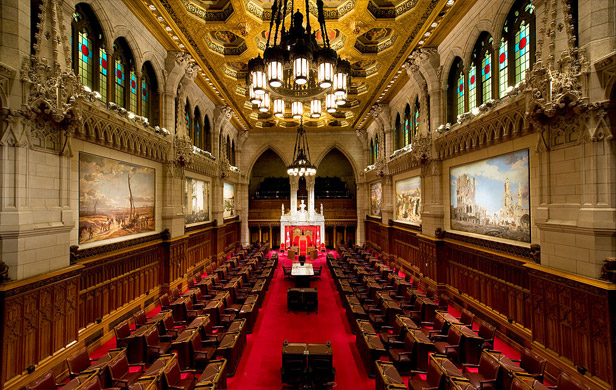
If we base it on population, we’ve accomplished nothing except duplicate the Commons. The US solution is two representatives from each state. This means that states with small populations have the same representation as the large ones but, fortunately, because the states are scattered the way they are, it works out fairly evenly from region to region. That, however, is more good luck than good management.
Germany, has an upper house for the Lander, or regions, where Lander with larger populations have more members than smaller ones, but not the number that their population would entitle them to.
If we decide we do need an Upper House because of the nature of our country, which I believe we do, it means we have to sit down and deal. If the motive is to make a big country stronger and guarantee its permanency, surely there are men and women capable of putting this together.
There is the question as to how the Senators are selected. To have, as we now have, senators appointed by the federal government to represent the regions is akin to having the fox in charge of the hen house – an obvious conflict of interest which only means that the House of Commons has a stranglehold on the Upper House, tempered only by the individuality that from time to time shows itself.
If the senators are to be appointed, then that must be done by the provinces. If they are to be elected, it creates the aura and the fact of democracy that I think is critical.
Abolishing the Senate isn’t the answer
I happen to have had a pretty long history involved in constitutional affairs, including some pretty heavy debates on the Senate. During the run-up to the patriation of the constitution in the 70s, in which I was officially involved, it was instructive to note that Senate reform was a very good idea to all provinces except Ontario and Quebec, which had a hell of a good deal the way it was.
Yes, we can save ourselves a lot of trouble by just abolishing the Senate, although the constitutional ability to do that is compromised by the need for unanimity amongst the provinces, which might not be forthcoming. Assuming that it is, then we must clearly understand what the consequences would be.
If, on the other hand, we feel that there is good reason for an upper house in Canada, we will have to make up our minds to work our butts off to overcome the difficulties involved in creating such an institution that actually works and accomplishes our ambitions. If we are too lazy or indifferent to the nation’s long-term well-being, then we won’t go down this road.
A better way for Clark to go about it
This is the problem that arises out of Premier Clark’s rejection of Mr. Trudeau’s idiotic and – for British Columbia – insulting solution. Premier Clark recognized the insult and had she simply rejected the “solution” and gone on to say that BC will cooperate in the future as it always has in the past in creating an upper house that is fair to all, that would be statesmanship.
I hope and trust that the premier thinks about this, studies the history of British Columbia’s long and constructive contribution to this subject, and undertakes to continue that process starting immediately.
